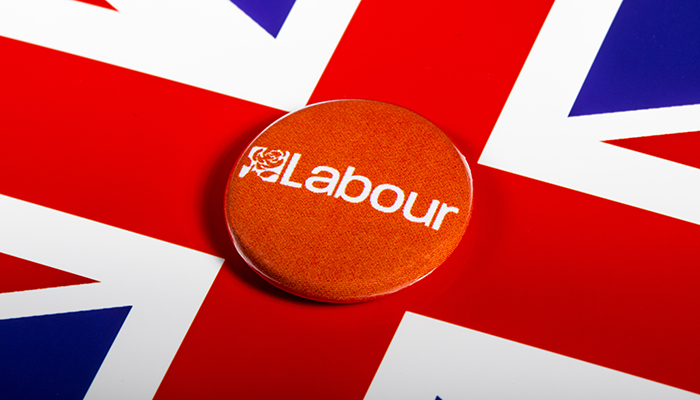
Normally I spend this time of year the bemoaning the lack of attention paid to local government at party conference.
This year feels a little different.
Financial crisis in Northamptonshire and reports of other councils close to the brink have bought the topic of council finance right up the news agenda.
Indeed, senior Labour figures were queuing up to address local government issues at conference.
Before they even got to Liverpool, John McDonnell was tweeting that “Increasingly people are aware of the massive cut backs in support for local councils inflicted by this Tory government. They boast about reducing the deficit but all they have done is shift it onto the shoulders of council leaders and local communities”
Under a Labour government, water companies would be put back in the hands of councils, he said, in his flagship plan to re-nationalise Britain’s water companies.
Andrew Gwynne, the shadow communities secretary, argued that local government funding is “not fit for purpose” and reiterated Labour’s commitment to looking at replacing council tax with a land value tax, which he claimed could raise money to pay for “neighbourhood services”.
He also took up the idea, long promoted by our friends at the Centre for Public Scrutiny, of establishing local Public Accounts Committees to provide more effective scrutiny of public spending, an idea that is gaining currency in the post-Carillion landscape.
Jeremy Corbyn himself opened his speech by listing recent council election victories and praising Labour councils for protecting people and services.
Not to be left out of the action, Labour council leaders published an open letter calling on the government to recognise the impact of austerity on local government and reverse it.
Believing that an increase in crime, foodbank usage, homelessness and rough sleeping are “inevitable consequences of the destruction of the social contract between citizen and state”, the leaders warn that the government’s current path of austerity will leads to ‘infrastructural and social collapse.’
Of course, this is a very partial selection of conference highlights and it would be stretching things to claim that local government was the central theme of a week.
Nonetheless, it is a welcome shift in emphasis and, given well publicised tensions between the Labour leadership and Labour councils, not least in last year’s leader’s speech, it’s also a shift in tone, albeit one that may still conceal some important fault lines between national Labour’s job as an opposition and local Labour’s job as the administrations that run the places that half the people in the country live in.
And to some degree, the council leaders’ analysis of the problem is spot on.
At LGiU, we know from our annual finance survey that eight out of ten council leaders (across all parties) think that local government funding in its current form is unsustainable.
Indeed, in the lead up to Conservative Conference, the Conservative West Midlands Mayor Andy Street said: The cuts have gone far enough”.
But does the government feel the same?
We know the Ministry of Housing, Communities and Local Government is undertaking a review of the funding formula and planning a more widespread move towards 75% business rate retention.
These feel like an overhaul of the current system rather than its reinvention, and the sector would be surprised by a big local government funding policy announcement next week.
So there’s certainly room for much more radical thinking about local government funding and our recent Local Finance Scorecard set out some of these options.
If the opposition and mayors are starting a conversation about some of these choices, that’s all to the good.
Even better if that debate catalyses some alternative proposals from government.
We’ll see what happens next week at Conservative conference, but after months of political stasis as far as local government policy is concerned, a battle of ideas about how what local government is for, what it does and how we pay for it, would be in everybody’s interest.
Perhaps local government funding is a can that can be further kicked down the road, past the budget and even next year’s spending review.
But, at some point we will reach a dead end where national government is forced to make tough choices about the future of local government funding.
In the meantime, the councillors I am meeting at party conferences will continue making decisions in the dark.












